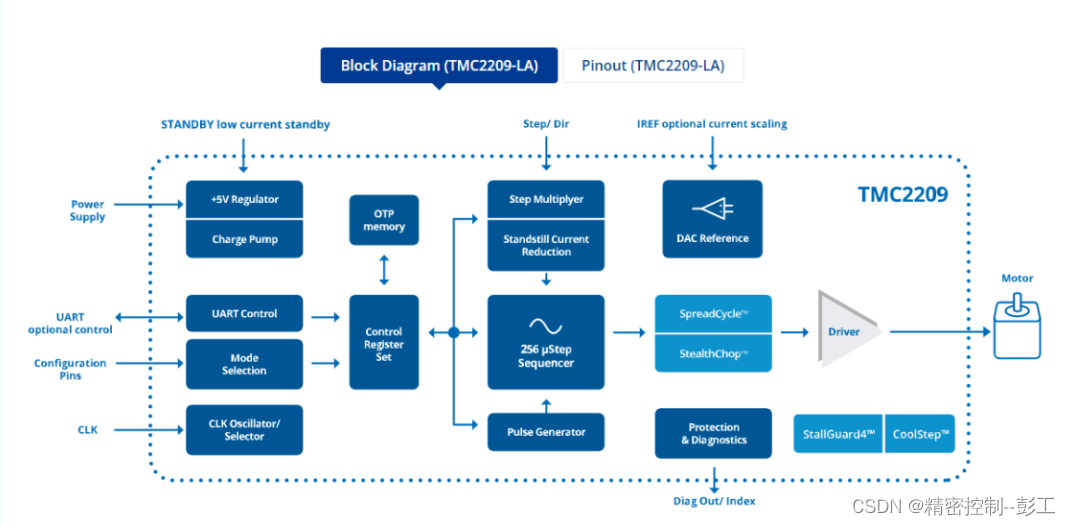此头文件是动态内存管理库的一部分。std::shared_ptr 是一种通过指针保持对象共享所有权的智能指针。多个 shared_ptr 对象可持有同一对象。下列情况之一出现时销毁对象并解分配其内存:
- 最后剩下的持有对象的
shared_ptr被销毁; - 最后剩下的持有对象的
shared_ptr被通过 operator= 或 reset() 赋值为另一指针。
成员函数
| (构造函数) | 构造新的 shared_ptr(公开成员函数) |
| (析构函数) | 如果没有更多 shared_ptr 指向所持有的对象,则析构该对象(公开成员函数) |
| operator= | 对 shared_ptr 赋值(公开成员函数) |
修改器 | |
| reset | 替换所管理的对象 (公开成员函数) |
| swap | 交换所管理的对象 (公开成员函数) |
观察器 | |
| get | 返回存储的指针 (公开成员函数) |
| operator*operator-> | 解引用存储的指针 (公开成员函数) |
| operator[] (C++17) | 提供到所存储数组的索引访问 (公开成员函数) |
| use_count | 返回 shared_ptr 所指对象的引用计数(公开成员函数) |
| unique (C++20 前) | 检查所管理对象是否仅由当前 shared_ptr 的对象管理(公开成员函数) |
| operator bool | 检查是否有关联的管理对象 (公开成员函数) |
| owner_before | 提供基于持有者的共享指针排序 (公开成员函数) |
示例代码
#include <iostream>
#include <memory>
struct C2 { int* data; };
struct C3 { int a; int b; };
int main()
{
// shared_ptr constructor example
std::shared_ptr<int> p1;
std::shared_ptr<int> p2(nullptr);
std::shared_ptr<int> p3(new int);
std::shared_ptr<int> p4(new int, std::default_delete<int>());
std::shared_ptr<int> p5(new int, [](int* p) {delete p; }, std::allocator<int>());
std::shared_ptr<int> p6(p5);
std::shared_ptr<int> p7(std::move(p6));
std::shared_ptr<int> p8(std::unique_ptr<int>(new int));
std::shared_ptr<C2> obj(new C2);
std::shared_ptr<int> p9(obj, obj->data);
std::cout << "use_count:\n";
std::cout << "p1: " << p1.use_count() << '\t';
std::cout << "p2: " << p2.use_count() << '\t';
std::cout << "p3: " << p3.use_count() << '\t';
std::cout << "p4: " << p4.use_count() << '\t';
std::cout << "p5: " << p5.use_count() << '\n';
std::cout << "p6: " << p6.use_count() << '\t';
std::cout << "p7: " << p7.use_count() << '\t';
std::cout << "p8: " << p8.use_count() << '\t';
std::cout << "p9: " << p9.use_count() << '\n';
// shared_ptr destructor example
auto deleter = [](int *p) {
std::cout << "[delete called]\n"; delete p;
};
std::shared_ptr<int> foo(new int, deleter);
std::cout << "use_count:" << foo.use_count() << '\n';
// shared_ptr::operator= example
std::shared_ptr<int> foo2;
std::shared_ptr<int> bar2(new int(10));
foo2 = bar2; //copy
bar2 = std::make_shared<int>(20); //move
std::unique_ptr<int> unique(new int(30));
foo2 = std::move(unique); //move from unique_ptr
std::cout << "*foo2:" << *foo2 << '\t';
std::cout << "*bar2:" << *bar2 << '\n';
// shared_ptr::reset example
std::shared_ptr<int> sp; //empty
sp.reset(new int); //takes ownership of pointer
*sp = 100;
std::cout << *sp << '\n';
sp.reset(new int); //deletes managed object, acquires new pointer
*sp = 200;
std::cout << *sp << '\n';
// shared_ptr::swap example
std::shared_ptr<int> foo3(new int(101));
std::shared_ptr<int> bar3(new int(201));
foo3.swap(bar3);
std::cout << "*foo3:" << *foo3 << '\t';
std::cout << "*bar3:" << *bar3 << '\n';
// shared_ptr::get example
int *p = new int(10);
std::shared_ptr<int> a(p);
if(a.get() == p)
std::cout << "a and p point to the same location\n";
// three ways of accessing the same address:
std::cout << *a.get() << "\t";
std::cout << *a << "\t";
std::cout << *p << "\n";
// shared_ptr::operator*
std::shared_ptr<int> foo4(new int);
std::shared_ptr<int> bar4(new int(100));
*foo4 = *bar4 * 2;
std::cout << "foo4: " << *foo4 << '\t';
std::cout << "bar4: " << *bar4 << '\n';
// shared_ptr::operator->
std::shared_ptr<C3> foo5;
std::shared_ptr<C3> bar5(new C3);
foo5 = bar5;
foo5->a = 10;
bar5->b = 20;
if (foo5) std::cout << "foo5: " << foo5->a << ' ' << foo5->b << '\t';
if (bar5) std::cout << "bar5: " << bar5->a << ' ' << bar5->b << '\n';
// shared_ptr::unique
std::shared_ptr<int> foo6;
std::shared_ptr<int> bar6(new int);
std::cout << "foo6 unique?\n" << std::boolalpha;
std::cout << "1: " << foo6.unique() << '\t'; // false (empty)
foo6 = bar6;
std::cout << "2: " << foo6.unique() << '\t'; // false (shared with bar)
bar6 = nullptr;
std::cout << "3: " << foo6.unique() << '\n'; // true
// example of shared_ptr::operator bool
std::shared_ptr<int> foo7;
std::shared_ptr<int> bar7(new int(34));
if (foo7) std::cout << "foo7 points to " << *foo7 << '\n';
else std::cout << "foo7 is null\n";
if (bar7) std::cout << "bar7 points to " << *bar7 << '\n';
else std::cout << "bar7 is null\n";
// shared_ptr::owner_before
int *p10 = new int(10);
std::shared_ptr<int> a10(new int(20));
std::shared_ptr<int> b10(a10, p10); // alias constructor
std::cout << "comparing a11 and b10...\n" << std::boolalpha;
std::cout << "value-based: " << (!(a10 < b10) && !(b10 < a10)) << '\n';
std::cout << "owner-based: " << (!a10.owner_before(b10) && !b10.owner_before(a10)) << '\n';
delete p10;
return 0;
}
运行效果:

参考:
https://cplusplus.com/reference/memory/shared_ptr/
std::shared_ptr - cppreference.com



![【例子】webpack配合babel实现 es6 语法转 es5 案例 [通俗易懂]](https://img-blog.csdnimg.cn/direct/60f0f5c8ae274c05ac49ea480c76c872.png)
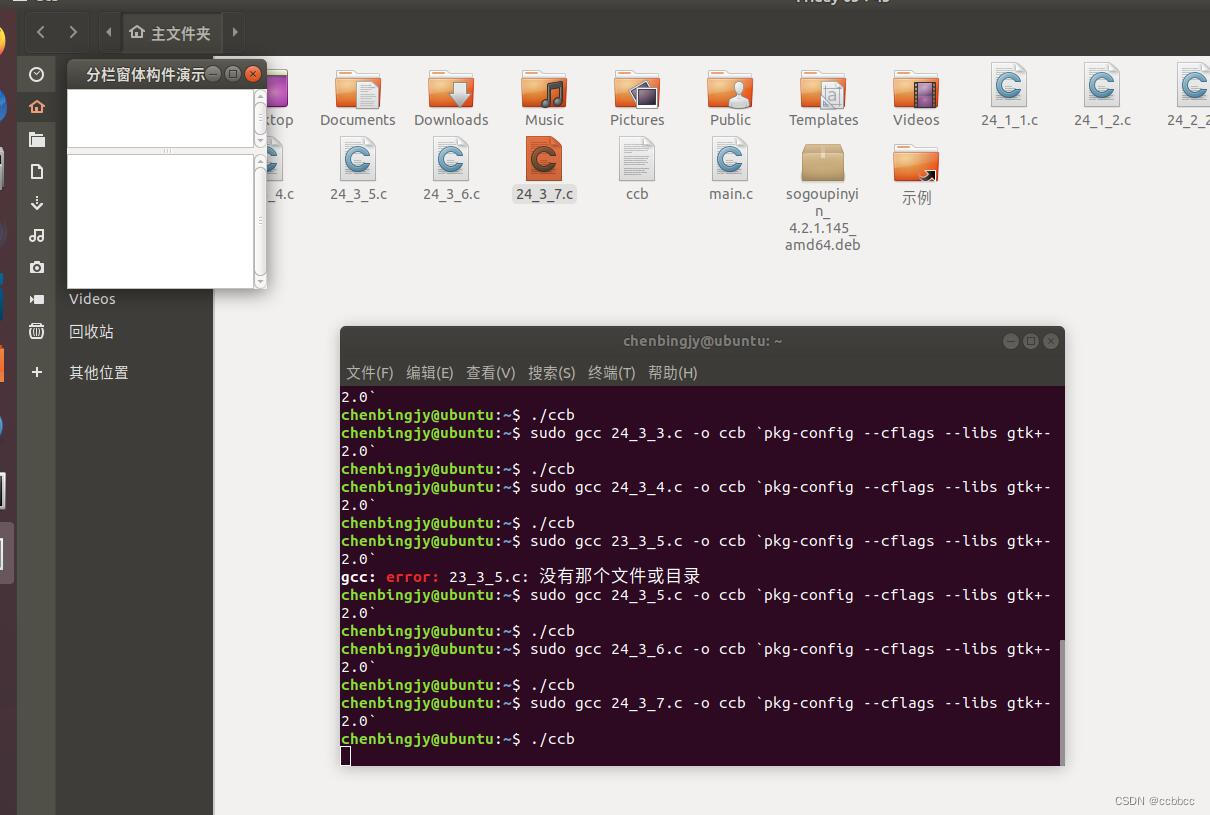


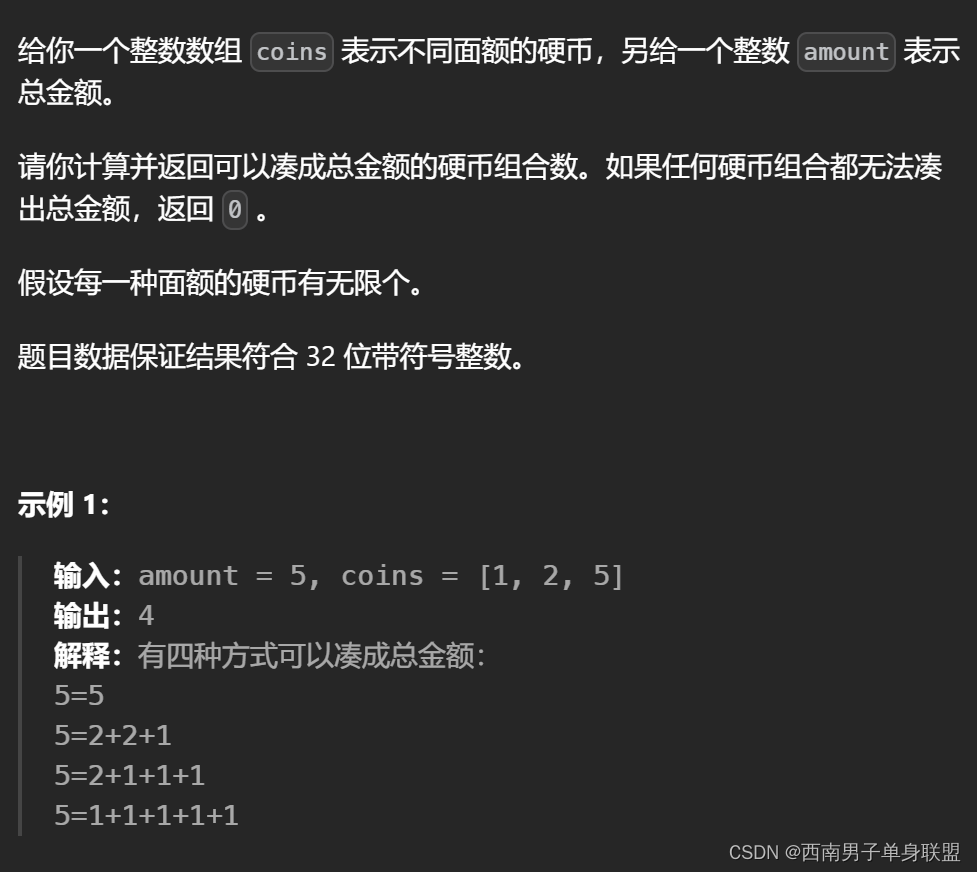

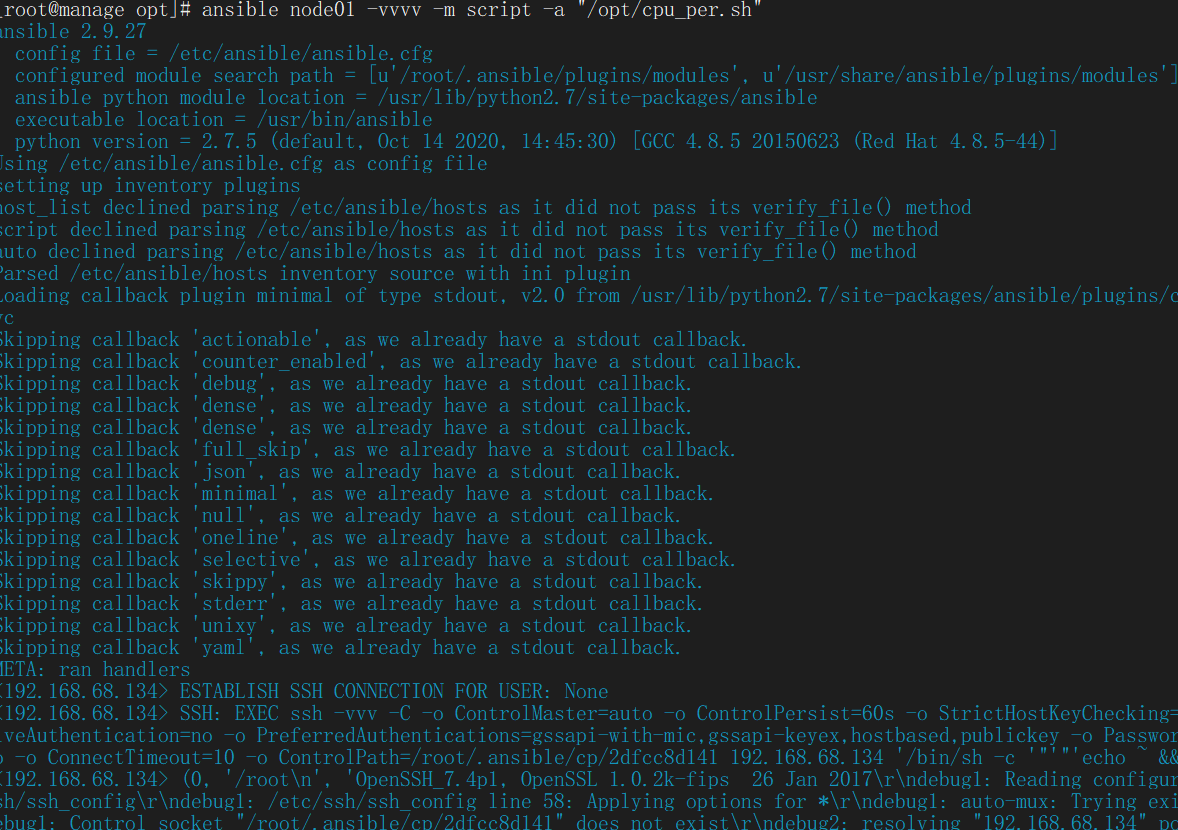

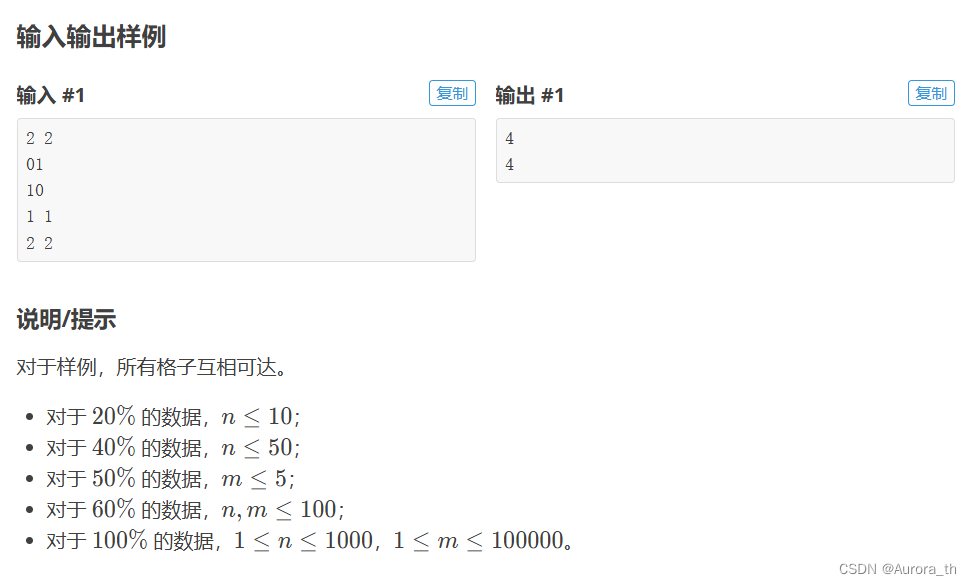


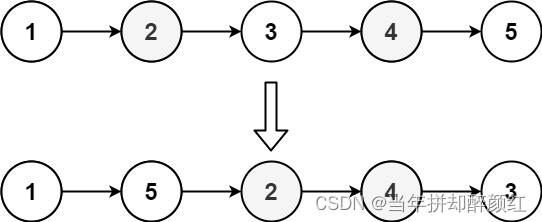


![AGI 之 【Hugging Face】 的[ 简单介绍 ] [ 基础环境搭建 ] 的简单整理](https://img-blog.csdnimg.cn/direct/9f624d07d38a49028669c41f0115ac0a.png)
